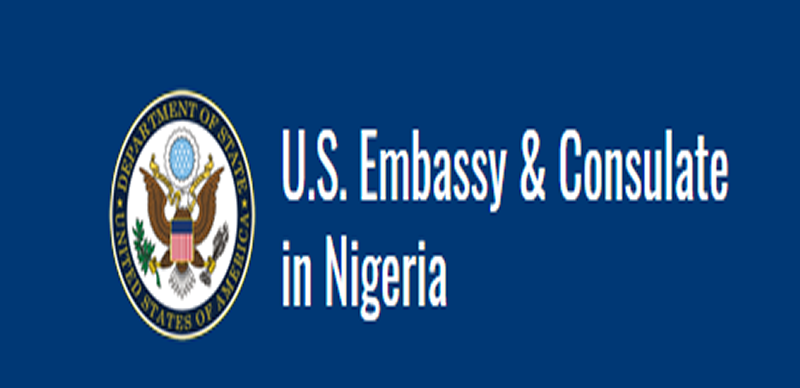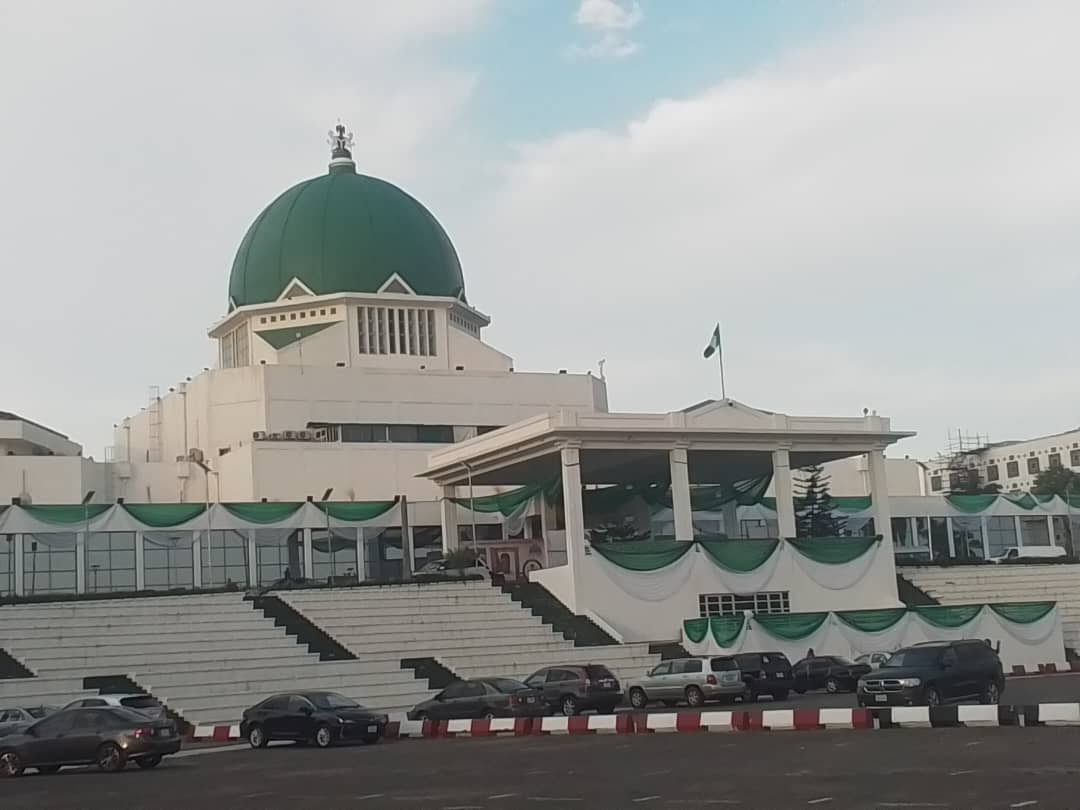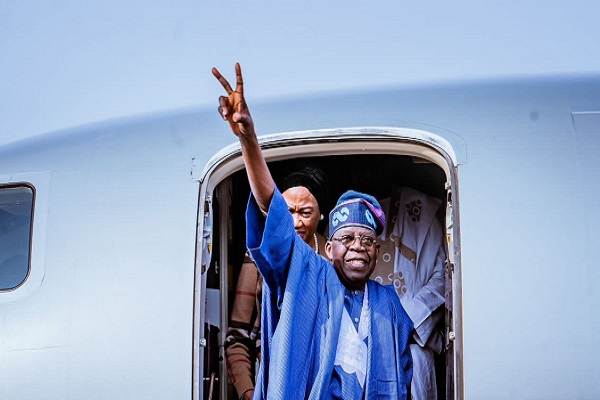The United States Embassy in Abuja and the Consulate General in Lagos have fully resumed operations, including visa processing and services for American citizens, following the end of a 43-day partial government shutdown in the US.
This marks the conclusion of the longest shutdown in America’s history, which had slowed or temporarily disrupted several consular services worldwide.
In a post on its official X page on Friday, the US Embassy in Nigeria confirmed the restoration of full activities.
“End of Lapse of Appropriations. US Embassy and Consulate in Nigeria have resumed full operations. American citizen services and visa services are proceeding as scheduled,” the Embassy wrote.
The shutdown, which began on October 1, 2025, was triggered by a funding standoff in the US Congress, resulting in non-essential government operations halting and hundreds of thousands of federal employees being furloughed or working without pay.
During the funding lapse, the Embassy had announced that its social media pages would not be updated except for urgent safety alerts, adding that services such as passport renewals and visa appointments would continue only as circumstances allowed.
President Donald Trump signed a bipartisan funding bill late Wednesday, reopening the government and extending federal funding until January 30, 2026. The bill passed the Republican-controlled House by a 222–209 vote, with six Democrats crossing party lines. It cleared the Senate earlier in the week by a 60–40 vote, with seven Democrats and one independent supporting it.
The legislation also included stopgap measures to keep other essential agencies running and prevent further immediate disruptions.
For Nigerians seeking US visas and Americans living in or visiting Nigeria, the embassy’s full reopening restores normal operations. During the shutdown, many citizens experienced delays in passport services, visa interviews, and notarial appointments, leading to significant backlogs.
Read Also;
US Congressman Urges Tinubu to Act Fast on Alleged Attacks Against Christians
Why the Shutdown Happened
Under the US system, Congress must pass a spending bill for the government to function. While the House approved a temporary funding extension, it stalled in the Senate, where Democrats opposed it. Despite Republican control of both chambers, Senate Republicans initially couldn’t secure the 60 votes required to advance the bill.
A major sticking point was the Republican push to extend certain health-insurance tax credits. When no agreement was reached, the government shut down on October 1 for the first time in nearly seven years.
With the new funding bill signed, US missions around the world—including those in Nigeria—have now resumed full operations.




